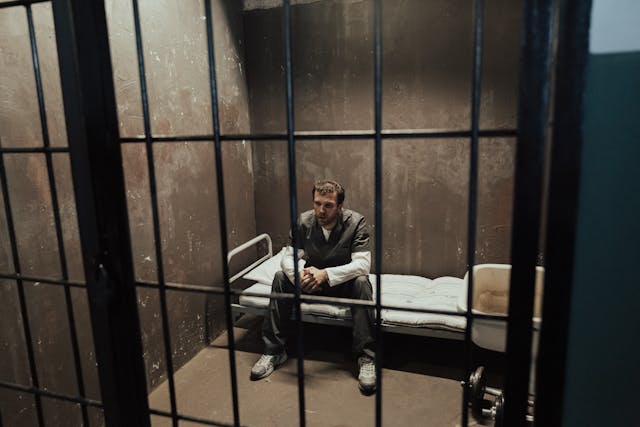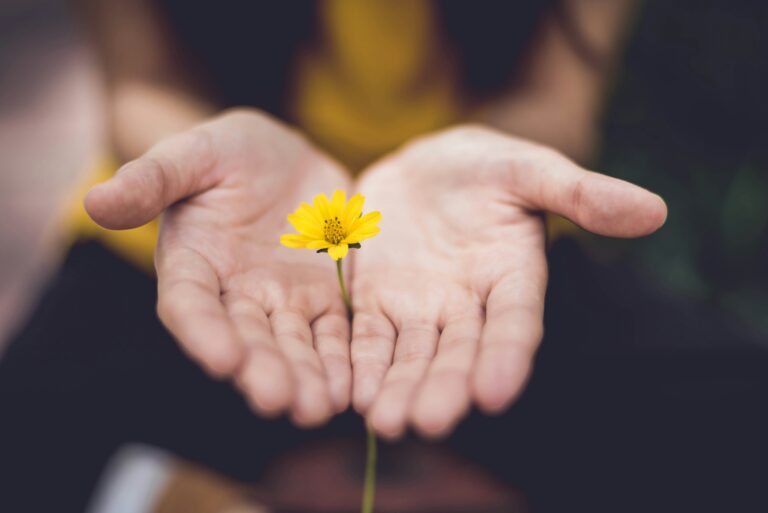Finding Healing After Hurt
Life is filled with relationships and communities that shape our experiences and identities. When those connections break due to mistreatment or betrayal, the resulting pain can feel overwhelming. It’s especially hard when the wounds come from places we trusted—family, friends, or even a church. How can we heal from the hurt caused by others? And how can we trust again after losing so much?
The journey to healing is not easy, but it is possible. Through God’s promises and guidance, we can find restoration, peace, and a renewed sense of purpose.
Articles in the Rediscovering Your Worth series:
- 1: Why Do We Feel Undervalued?
- 2: The True Measure of Your Value
- 3: Breaking Free from Validation Traps
- 4: Finding Healing After Hurt
- 5: Living with Purpose Beyond Pain
Acknowledging the Pain
The first step toward healing is acknowledging the hurt. Too often, we try to minimize our pain, telling ourselves to “move on” or “get over it.” But the Bible assures us that God cares deeply about our struggles. Psalm 34:18 reminds us, “The Lord is close to the brokenhearted and saves those who are crushed in spirit.”
Your pain matters to God. Whether it’s the loss of a trusted community or the sting of being undervalued, He sees your hurt and walks with you through it. Ignoring the pain only delays healing. Instead, bring your emotions to God in prayer, knowing He understands and cares.
Leaving Toxic Environments
Sometimes, healing requires leaving the environment that caused the hurt. This can be one of the hardest decisions to make, especially if the environment is tied to something meaningful, like a church or long-time friendships.
In Genesis 12:1, God told Abraham to leave his country, his people, and his father’s household to go to a new land He would show him. Abraham’s obedience led to blessings he couldn’t have imagined, but it required trust and a willingness to let go of the familiar.
Leaving a toxic situation is not an act of weakness; it’s often a necessary step toward restoration. It doesn’t mean the people who hurt you “win.” Instead, it’s a decision to prioritize your well-being and trust God to guide you toward a healthier path.
Finding Strength in Forgiveness
Forgiveness is one of the most challenging aspects of healing, especially when the wounds are fresh. But forgiveness is not about condoning the actions of others—it’s about freeing yourself from the burden of resentment.
Jesus emphasized the importance of forgiveness in Matthew 6:14-15: “For if you forgive other people when they sin against you, your heavenly Father will also forgive you. But if you do not forgive others their sins, your Father will not forgive your sins.”
Forgiveness doesn’t mean forgetting or pretending the pain didn’t happen. Instead, it’s a release that allows you to move forward without being held captive by bitterness.
Trusting in God’s Justice and Restoration
One of the hardest parts of healing is accepting that we may never see justice in the way we expect. But God promises to bring justice in His time. Romans 12:19 reminds us, “Do not take revenge, my dear friends, but leave room for God’s wrath, for it is written: ‘It is mine to avenge; I will repay,’ says the Lord.”
Trusting God’s justice requires patience and faith. It means believing that He will restore what has been lost, even if it doesn’t happen immediately. Joel 2:25 offers hope: “I will repay you for the years the locusts have eaten.” God is in the business of restoration, and He can bring beauty out of even the most painful circumstances.
Steps Toward Healing
Healing is a journey, and it looks different for everyone. Here are some practical steps to help you move forward:
- Bring Your Pain to God: Spend time in prayer, pouring out your heart to God. Psalm 62:8 says, “Trust in him at all times, you people; pour out your hearts to him, for God is our refuge.”
- Seek Community: Surround yourself with people who uplift and encourage you. This could be a small group, a new church, or trusted friends who align with your values.
- Practice Gratitude: Focus on the blessings in your life, even amidst pain. Gratitude shifts our perspective and reminds us of God’s goodness.
- Set Boundaries: Protect your peace by setting boundaries with those who have caused harm. Boundaries are not about punishment—they’re about preserving your emotional and spiritual health.
- Find Purpose in the Pain: Look for ways to use your experience to help others. Your story of overcoming hurt can be a source of hope and encouragement for someone else.
Hope for the Future
Healing doesn’t mean the pain will disappear completely, but it does mean that the hurt won’t control you anymore. God has a plan for your life, even after loss. Romans 8:28 assures us, “And we know that in all things God works for the good of those who love him, who have been called according to his purpose.”
As you heal, trust that God is leading you toward a future filled with hope and purpose. The wounds of the past may leave scars, but those scars can become a testament to God’s faithfulness and grace.
When we focus on God’s promises rather than the actions of others, we can find peace and restoration. Healing is not the end of the story—it’s the beginning of a new chapter.






